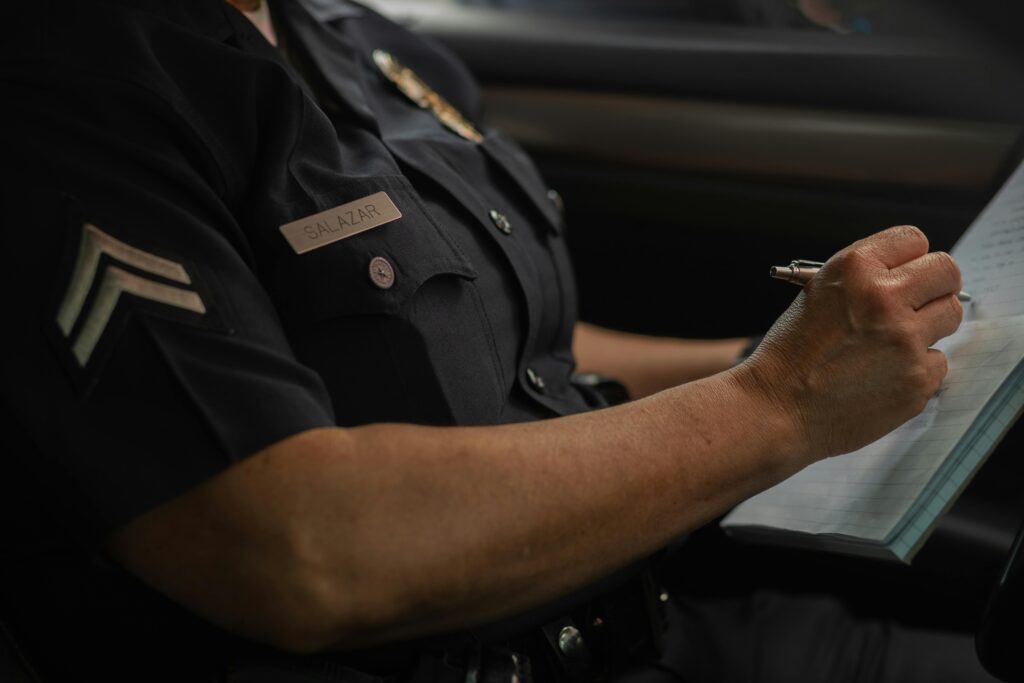Now Reading: SC dismisses all 32 intervention pleas in Ayodhya Case
-
01
SC dismisses all 32 intervention pleas in Ayodhya Case
SC dismisses all 32 intervention pleas in Ayodhya Case
The Supreme Court on Wednesday dismissed all 32 intervention petitions in the Ramjanmabhumi-Babri Masjid land dispute case.
Applications of Shyam Benegal, Aparna Sen and Teesta Setalvad were part of the intervention applications that were rejected by the Supreme Court.
The Bench comprising Chief Justice of India Dipak Misra and Justices Ashok Bhushan and Abdul Nazeer has also directed the registry not to entertain any intervention applications in the matter, which is also popularly known as Ayodhya case.
The Supreme Court also rejected the intervention plea of Bharatiya Janata Party (BJP) leader Subramanian Swamy.
The court, however, ordered the revival of Swamy’s disposed plea that had sought enforcement of his fundamental right to worship at Ram Temple in Ayodhya.
During the hearing, Swamy told the apex court that “my fundamental rights are higher than my property rights”.
The Supreme Court fixed the matter for further hearing on March 23.
The court is hearing a total of 13 appeals filed against the 2010 judgment of the Allahabad high court in four civil suits. They challenge the Allahabad high court verdict that mandated a three-way division of the disputed 2.77-acre site.
The Lucknow bench of Allahabad high court had ruled in favour of partitioning the land equally among three parties-the Sunni Waqf Board, Nirmohi Akhara and the ‘Ram Lalla’ (infant Lord Ram), represented by the Hindu Mahasabha.
Ram Janambhoomi- Babri Masjid dispute is a century old point of a tussle between Hindus and Muslims.
The mosque was demolished by Hindu Karsevaks on December 6, 1992, in Ayodhya. The country witnessed massive riots, in which over 2000 people were killed.






